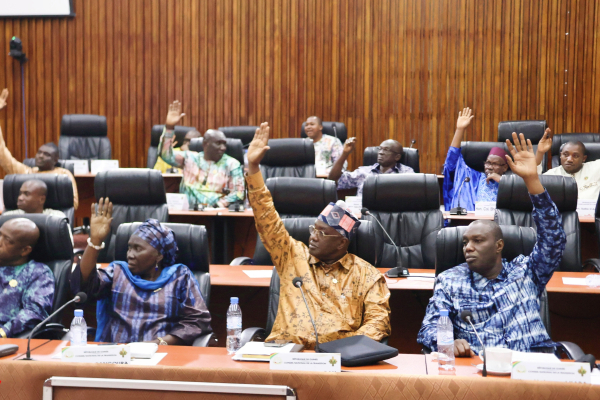The digital revolution in Africa is happening fast and is making big changes in many different areas. This shift is trying to improve the quality of services given to people, whether in education, healthcare, government, or infrastructure.
The Guinean National Transitional Council (CNT) approved a €66 million credit agreement on Wednesday, October 23, with French investment bank Bpifrance. The loan is aimed at supporting the country’s digital transformation. Specifically it focuses on the shift from analog to digital radio and televiso.
The project includes the installation of Digital Terrestrial Television (DTT), modernization of the radio network, the construction of five regional studios by Thomson Broadcast, and the digitization of the country’s audiovisual archives. The goal is to ensure better broadcast quality for the population, providing high-definition services while preserving Guinea’s audiovisual heritage through a comprehensive digitization of historical content, including films, radio and television programs, and audio and video recordings.
This initiative aligns with Guinea’s commitments to the International Telecommunication Union (ITU) for digital migration, a transition that has been anticipated for nearly two decades. The agreement, signed on June 25, consists of two main components: a direct loan of €25 million from the French Treasury and a private loan of €31 million guaranteed by Bpifrance Assurance Export.
The allocated funds will also help equip major Guinean cities with autonomous production and broadcasting facilities. The National Audiovisual Institute (INA) will be responsible for the digital preservation of the country’s audiovisual archives, thus contributing to the promotion of Guinea’s cultural heritage.
This initiative is strategically important for Guinea, not only in terms of modernizing media infrastructure but also in enhancing access to information and creating new economic and employment opportunities in the media and audiovisual production sector.
Samira Njoya



















